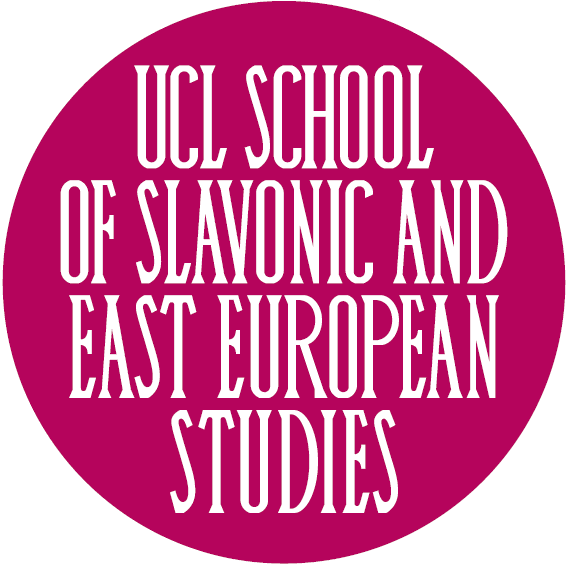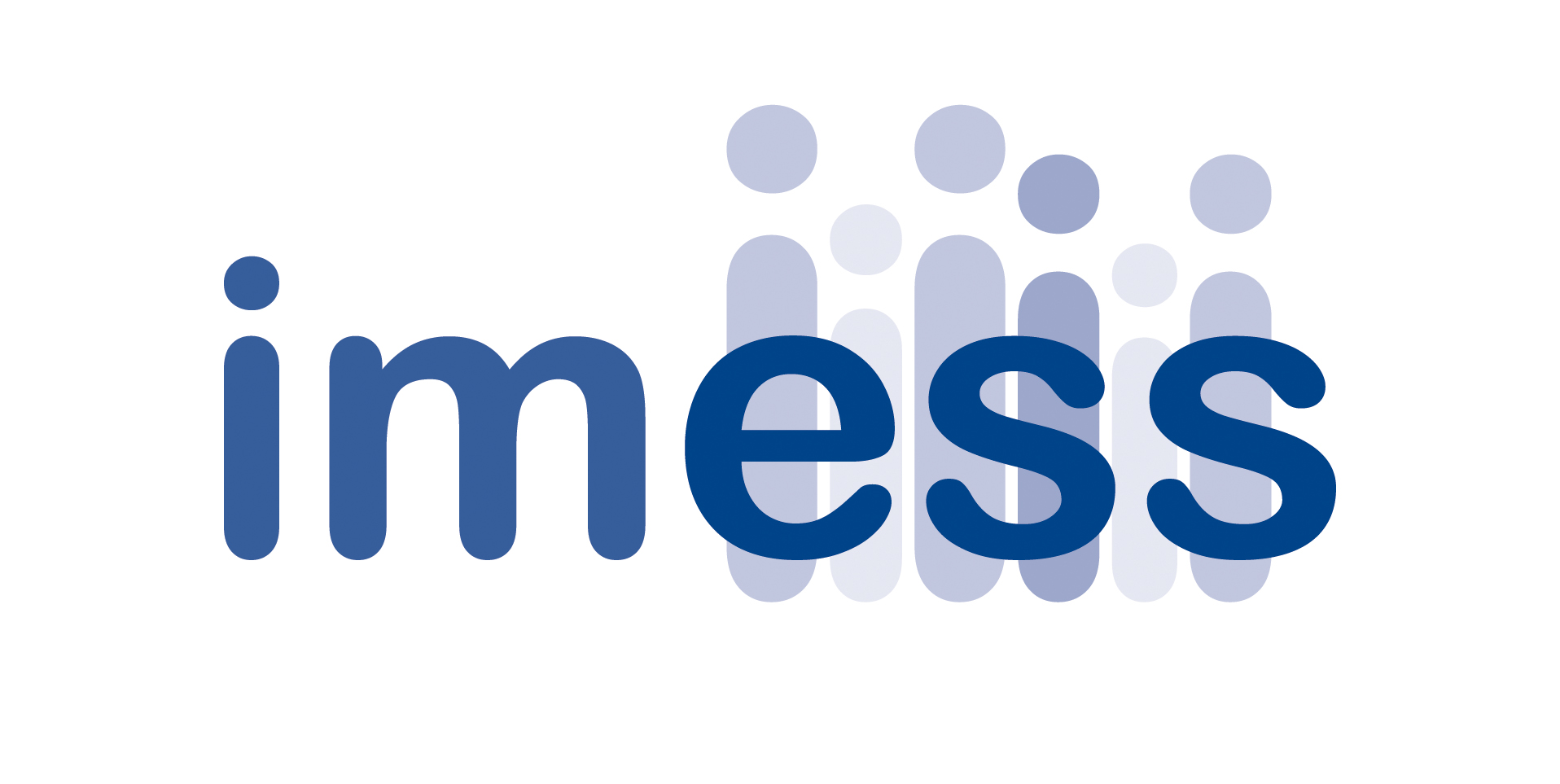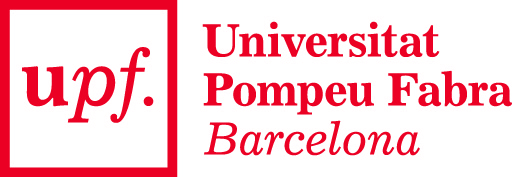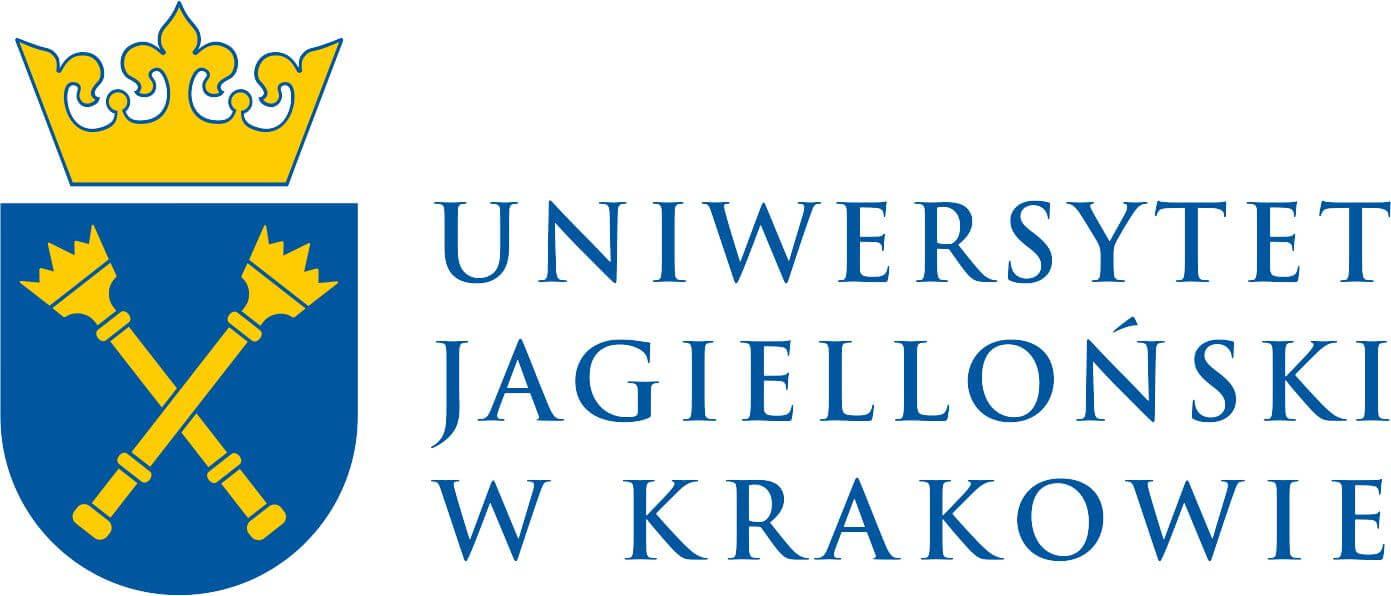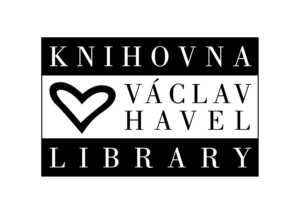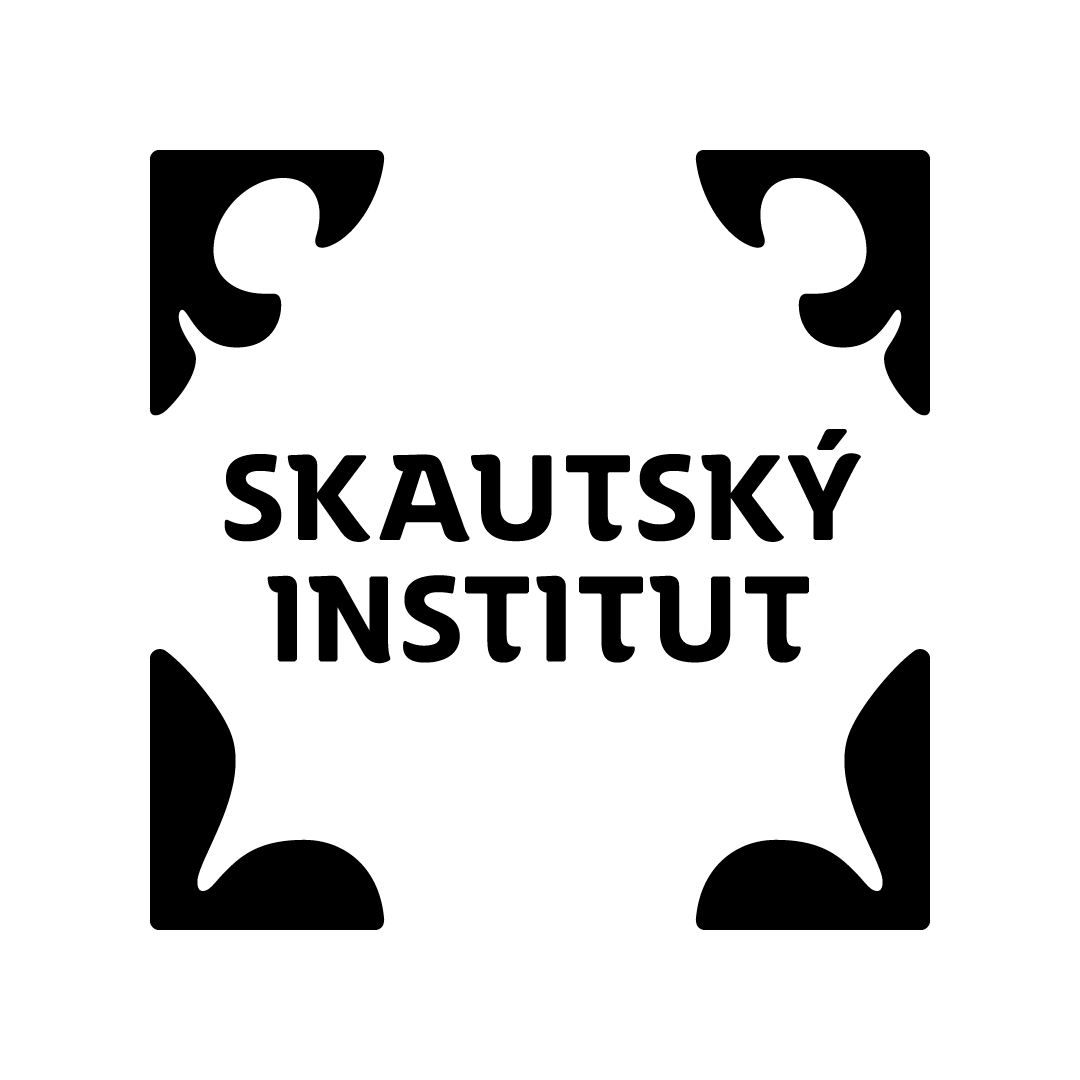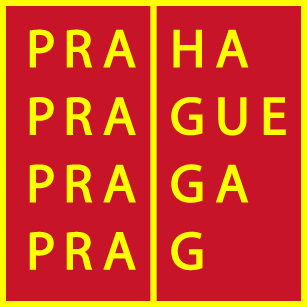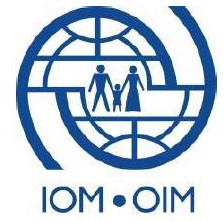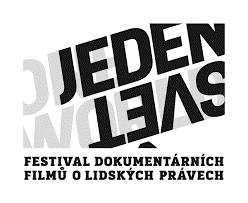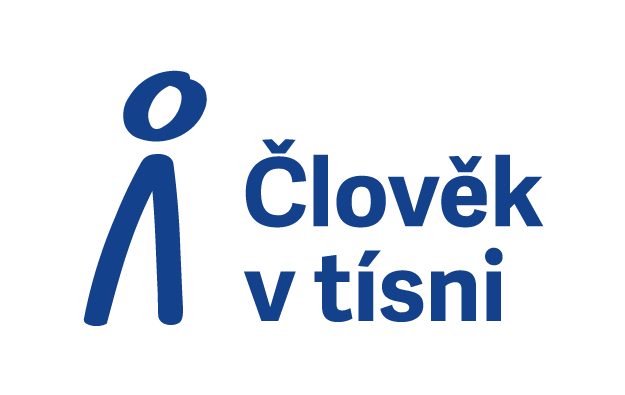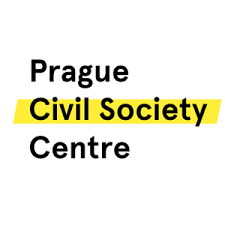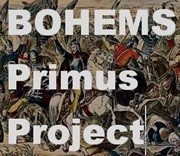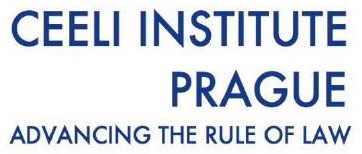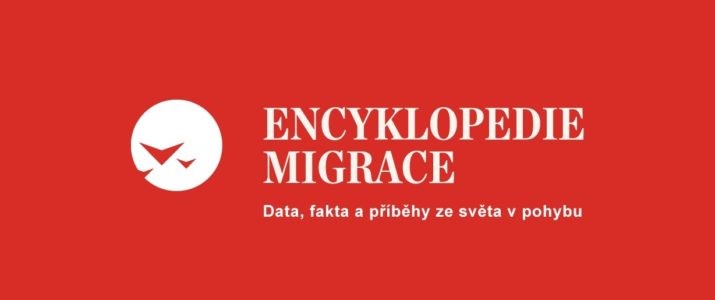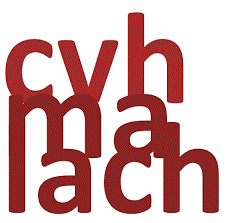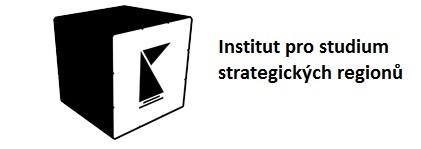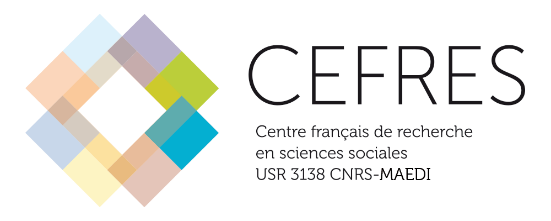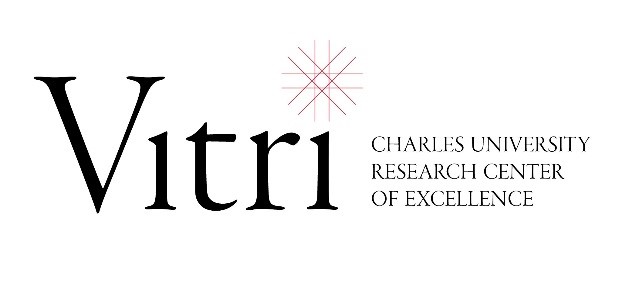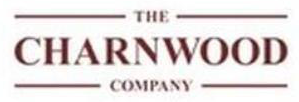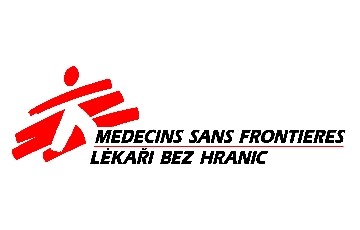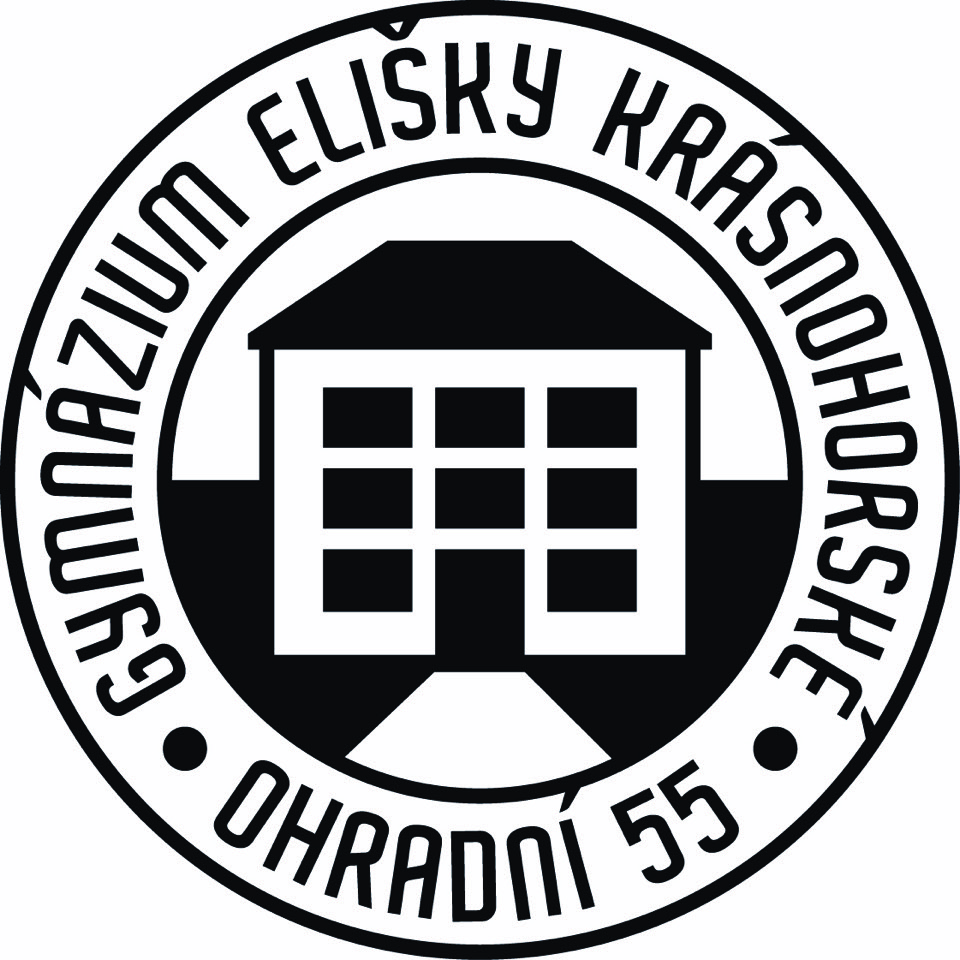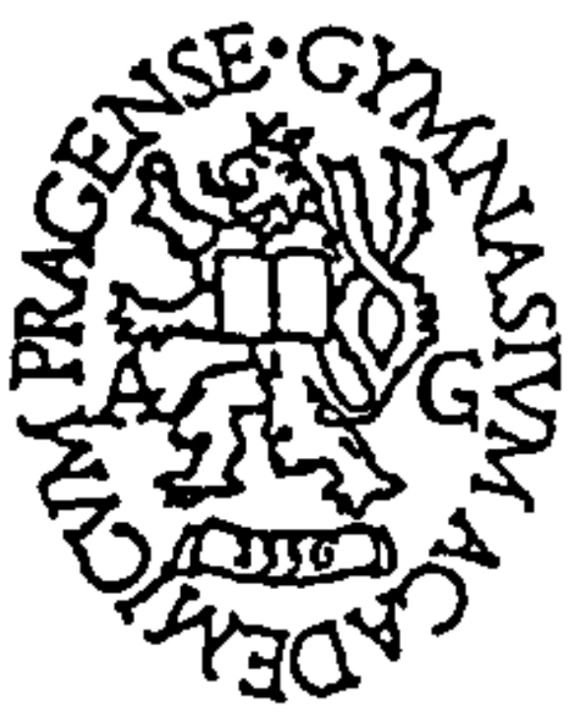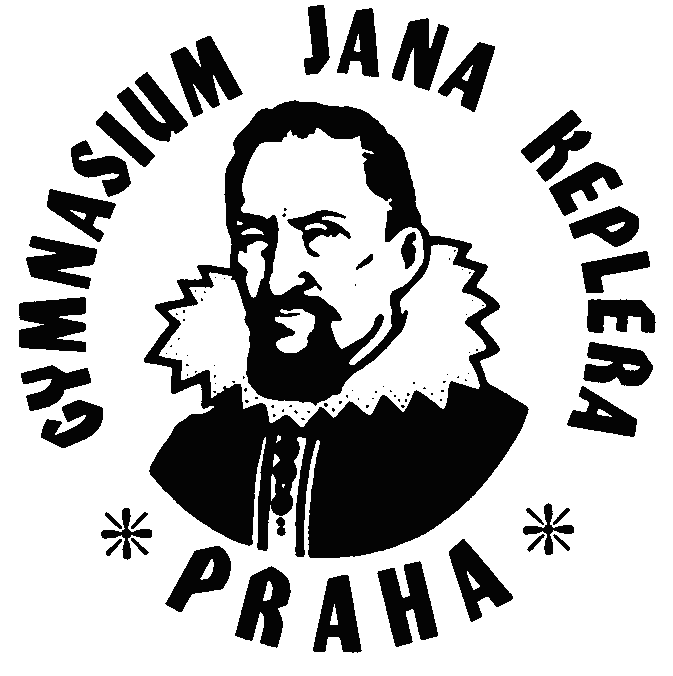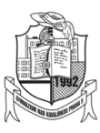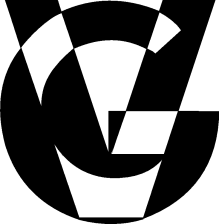Výzkumné centrum paměťových studií (RCMS)
Výzkumné centrum paměťových studií (RCMS)
Vedoucí výzkumného centra: Kateřina Králová
Výzkumné centrum paměťových studií (RCMS) při Institutu mezinárodních studií Univerzity Karlovy se zabývá širokou škálou témat v oblasti paměťových studií a (ne)hegemonických narativů: od politik paměti, přes reprezentaci paměti ve veřejném prostoru až po způsoby zpracování traumatických vzpomínek. Jedním z hlavních cílů RCMS je podněcovat a rozvíjet diskuzi o nových výzkumných otázkách a metodologických přístupech paměťových studií. Centrum úspěšně buduje mezinárodní akademickou komunitu, v rámci níž podporuje mezinárodní dialog o paměti. RCMS je součástí sítě paměťových center v rámci Asociace paměťových studií. V roce 2025 podpořila Nadace Alexandera von Humboldta RCMS Cenou Humboldt Alumni, díky níž jsme založili mezinárodní sít Humboldt MemoNet, která propojuje významná výzkumná centra v Evropě a umožňuje efektivnější výměnu poznatků i rozvoj mentoringu.
Členové
|
Členové Humboldt MemoNet
|
Advisory Board
|
Vybrané projekty
- Displacement and (Post)secular Memory: Contemporary Crises and Historical Legacies in Southeastern and East-Central Europe" (MEMCRIS), GAČR-NCN 26-19867L – co-leader (2026-2028)
- “Margins of Memory Research Network", Leibniz ScienceCampus Europe and America – Regensburg, co-investigator (2025-2027)
- Humboldt MemoNet: International Network of Memory Centres. Fostering Collaboration, Exchange, and Mentorship in Memory Studies
- 2025 MSA Prague Conference
- CA20105 - Slow Memory: Transformative Practices for Times of Uneven and Accelerating Change (SlowMemo)
- Claims Conference University Partnership Program in Holocaust Studies
- Minulost přítomností: role traumatické historie v zahraniční politice
- Memory policy in theoretical and practical dimensions
- Vyrobeno polskými soudruhy. Příběhy českých industriálních objektů a polských hostujících pracovníků ve vzájemné perspektivě (completed)
- Populist rebellion against modernity in 21st-century Eastern Europe: neo-traditionalism and neofeudalism (POPREBEL) (completed)
- Za hranice hegemonických narativů a mýtů. "Pohnutá minulost" v dějinách a paměti středovýchodní a jihovýchodní Evropy (completed)
Vybrané publikace
- Králová, K. (2025). Homecoming: Holocaust Survivors and Greece, 1941–46 (The Tauber Institute Series for the Study of European Jewry). Brandeis University Press.
- Asavei, M. (2024). Flawed sainthood in popular culture: Maradona's culture of commemoration in Naples. Religions, 15(8), 981.
- Roginer Hofmeister, K. (2024). Remembering suffering and resistance: Memory politics and the Serbian Orthodox Church. CEU Press.
- Asavei, M. & Králová, K. (2023). Beyond the national museum paradigm: Troubled past vernacular representations in Central and Southeastern Europe. Nationalities Papers, 51(3), 512–517.
- Králová, K. (2023). Memory landscapes in ruins: The example of the Hirsch Quarter in Thessaloniki. In Memory cultures in Southeast Europe since 1945: Proceedings of the International Academic Week at Tutzing, October 2021 (pp. 35–49).
- Asavei, M. (2023). Engraving portraits in the skin: Vernacular commemorative tattoos for Ceausescu, Tito and Stalin. Nationalities Papers, 51(3), 563–582.
- Smith, R. (2022). The museal production of Hungary’s inorganic past and Poland’s postponed victory: The case of the House of Terror and the Warsaw Rising Museum. Soudobé Dějiny, 29(3), 825–851. https://doi.org/10.51134/sod.2022.042
- Juhászová, T. (2022). Post-WWII migration flows in micro-perspective: The case of the East Slovak small town Medzev. Individual and Society | Človek a spoločnosť, 25(1). https://doi.org/10.31577/cas.2022.01.598
- Juhászová, T. (2023). ʻBien Mantaaknʼ: The manifestation of identity in cemeteries in the Eastern Slovak town of Medzev. In F. Kühnel, S. Mikulová, & S. Stanković (Eds.), East Central European cemeteries: Ethnic, linguistic, and narrative aspects of sepulchral culture and the commemoration of the dead in borderlands (pp. 77–106). Peter Lang.
- Králová, K. (2021). Breaking out of silence: Victims of the 1944 Distomo massacre in Greek-German relations. Suedosteuropa-Mitteilungen, 61(2–3), 81–91.
- Asavei, M. (2021). Cultural memory and political resistance through religious/spiritual art in (post)communist Romania. In M. Draga-Alexandru & D. Manea (Eds.), Religious narratives in contemporary culture: Between cultural memory and transmediality (pp. 73–94). Brill.
- Asavei, M. (2021). The artistic memory of the Holocaust as a new direction in commemorative practices in Central and South-East Europe. In R. Bouchet, H. Lecossois, D. Letort, & S. Tison (Eds.), Résurgences conflictuelles: Le travail de mémoire entre arts et histoire (pp. 329–347). Presses Universitaires de Rennes.
- Němeček, J., Koutníková, I., & Šitler, J., et al. (2020). Sweden’s WWII dilemmas: Case study – Czechoslovakia. Institute of History Prague/Paideia Stockholm.
Proběhlé akce
Walkability between the Past and Present Workshop
The workshop, held in Prague from September 11–14, 2024, was co-organized by the Research Centre for Memory Studies and CTU Prague. It focused on sensory walking, mapping, and digital humanities as methodological approaches for slow memory, contributing to the development of educational materials on walkability.
“Borderlands of Memory” 4EU+ Spring School 2024
The spring school, organised at the Charles University (CUNI), took place from April 15-19, 2024. It was organised by the 4EU+ Alliance “Plurality of Memories in Europe in a Global Perspective” Consortium, formed by CUNI, the University of Warsaw, Sorbonne University, the University of Copenhagen, Heidelberg University and the University of Milan.
4EU+ Online Seminar. Twentieth Century in European Memory
The online seminar was co-led by researchers from the Universities of Prague, Warsaw, Sorbonne, Milan, Heidelberg and Copenhagen in collaboration with COST CA20105 Slow Memory and the Centre for Social Memory Research (Warsaw). The course was taught in the spring of 2024.
Transformation of Memory Cultures and Politics Workshop
The workshop, held at Humboldt University Berlin from February 29 to March 1, 2024, was co-organized by CENTRAL partners from Berlin, Prague, Warsaw, Vienna, and Budapest universities. It focused on transformations in memory cultures and politics across post-Yugoslav, post-WWII, and post-communist contexts, fostering interdisciplinary dialogue and collaboration among researchers.
Social Memories and Historical Narratives: Sources & Methodology
On Friday, 15 September 2023, the Research Centre held an internal workshop entitled "Social Memories and Historical Narratives: Sources & Methodology". The workshop featured presentations by junior and senior members of the Center.
Borderworlds: Temporal, Geographical and Psychosocial Exploration of Symbolic Border Conference
The conference took place from 7-10 June 2023. It was held as part of the Borderwords project, funded by the St Andrews Joint Seed Funding. It enables participants to create new forms of collaboration and discuss the boundaries of migration, memory and narratives of the past and present.
Train to Freedom Project's Bloc Seminar & Fieldwork
The seminar and fieldwork are being conducted in June 2023 as part of the Train to Freedom project, initiated by the Berlin-based Mamlock Foundation and the Department for Democracy Education and Human Rights and now jointly implemented by Charles University in Prague and Freie Universität Berlin.
CENTRAL-Workshop 2025: “Materialities of memory in Central, East and South-East Europe”
Workshop in Warsaw (11-14 September 2025), where RCMS members participated and chaired pannels on how memory takes shape through monuments, archives, literature, urban spaces, and everyday objects.
MSA Conference, Prague 2025: Beyond Crises: Resilience and (In)stability
- Ninth Annual Conference of the Memory Studies Association organized by RCMS held from 14th to 18th July 2025 in Prague hosted memory researchers from all over the world to exchange knowledge on many subfields of memory studies.
- Remembering crises: FSV UK as a host of the Annual Meeting of the Memory Studies Association (FSV UK)
- Joanna Wawrzyniak: Memory studies is about the future (Forum UK)
- Paměťová studia pomáhají zpřítomnit minulost a učí nás přemýšlet (Forum UK)
- Wichtig gerade 80 Jahre nach Kriegsende“: Konferenz der Memory Studies Association in Prag (Radio Prague International)
Aktuality
-
Nová kniha: Homecoming. Holocaust Survivors and Greece, 1941–46 od Kateřiny Králové (Brandeis University Press, 2025)
Homecoming představuje zásadní příspěvek k výzkumu holocaustu a jeho následků v Řecku. Autorka, Kateřina Králová, profesorka moderních dějin na IMS FSV UK, se věnuje paměti, migraci a postkonfliktní obnově v evropském a středomořském kontextu. Její nová kniha přináší jedinečný pohled na osudy řeckých židovských navrátilců a ukazuje, jak složité bylo přežít a znovu začít. -
Echoes of Conflict: Health Consequences of War and Violence Across Generations
Ve dnech 8.–10. dubna 2025 se uskuteční mezinárodní konference Echoes of Conflict: Health Consequences of War and Violence Across Generations. Cílem konference je prozkoumat mnohovrstevné dopady války a násilí na jednotlivce i komunity z fyzického, duševního i společenského hlediska. -
Prezentace knihy prof. Kateřiny Králové v Athénách
6. února 2025 představila prof. Kateřina Králová v Athénách svou nejnovější knihu s názvem HOMECOMING: Holocaust Survivors and Greece, 1941-1946. Prezentace proběhla v prostorách Nizozemského institutu v Athénách za účasti českého velvyslance Iva Šilhavého. -
Prague Visual History and Digital Humanities Conference 2025
Připomínáme, že již za necelý týden se uskuteční druhý ročník Prague Visual History and Digital Humanities Conference (PRAVIDCO 2025), kterou při příležitosti patnácti let od otevření Centra vizuální historie Malach spolupořádá
-
Zkušenosti z blokového semináře "WWII: History & Memory"
V letním semestru proběhl blokový seminář vedený Prof. Kateřinou Královou a Dr. Karin Roginer Hofmeister na téma Druhá světová válka: Veřejná historie a paměť. -
Speciální číslo časopisu Journal of Modern European History
V květnu vyšlo speciální číslo časopisu Journal of Modern European History s názvem "Mass Atrocities in Southeast Europe: History and Memory of World War II and its Aftermath". Číslo spolueditovala Kateřina Králová.


